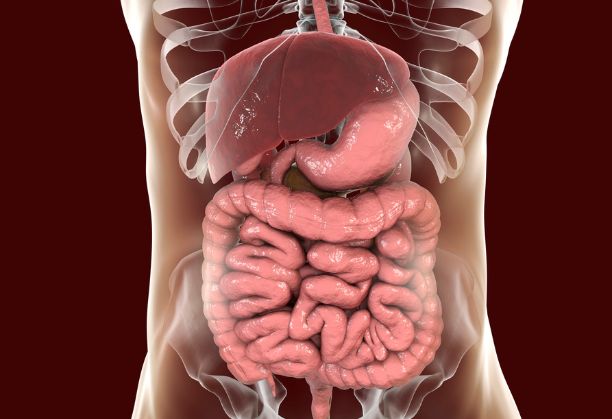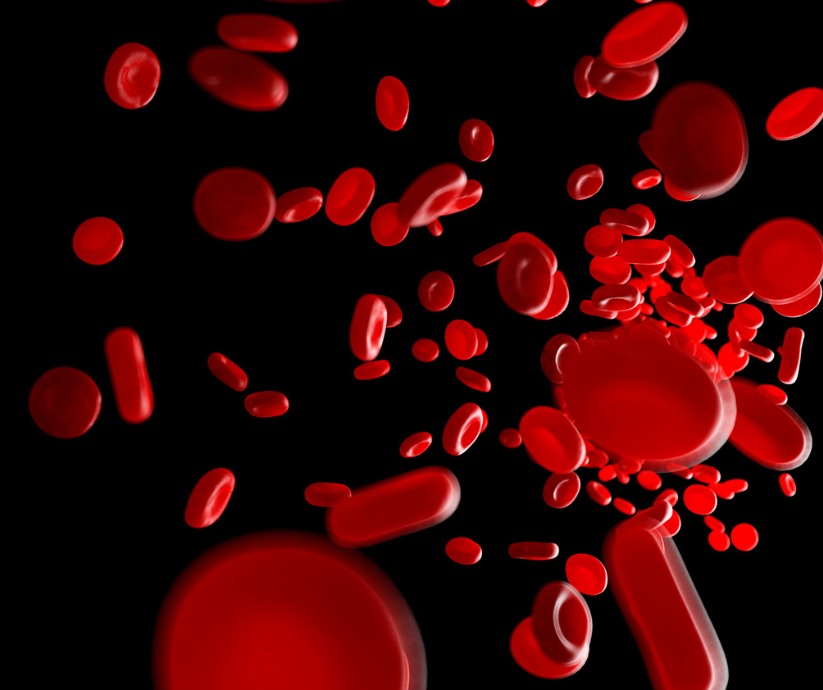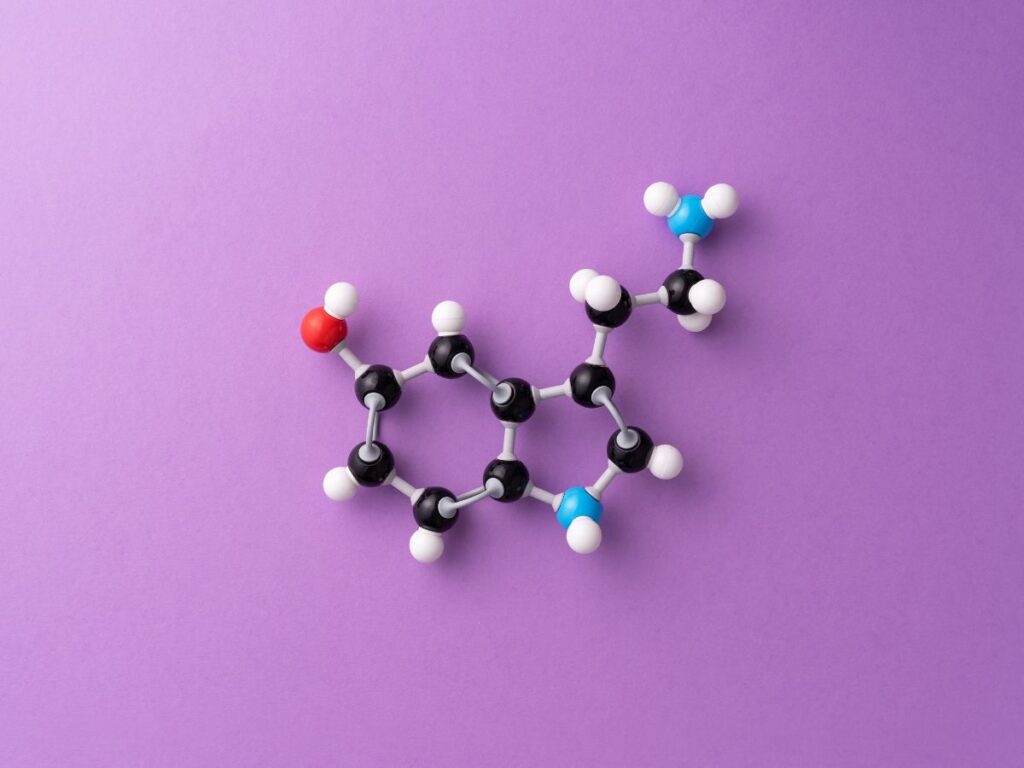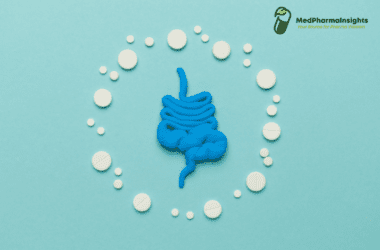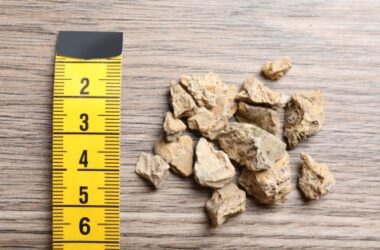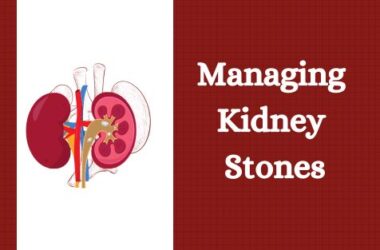Water is often referred to as the elixir of life, and for good reason. Our bodies are composed of approximately 60% water, and it plays a crucial role in maintaining our overall health. One of the most vital organs that rely on proper hydration is the kidneys. In this blog post, we’ll explore the intricate relationship between hydration and kidney health and why water matters so much in keeping our kidneys functioning optimally.
The Importance of Kidneys
Before delving into the role of hydration, let’s briefly discuss the importance of the kidneys. These bean-shaped organs, each about the size of a fist, are located on either side of your spine, just below your ribcage. While they might not get as much attention as the heart or brain, the kidneys are essential for maintaining overall health.
The kidneys perform a wide range of functions, including:


- Filtration: They filter waste products and excess substances from your blood to create urine, which eliminates these toxins from your body.
- Fluid Balance: Kidneys help regulate the balance of fluids in your body by adjusting urine production in response to changes in your hydration status.
- Blood Pressure Regulation: They play a key role in controlling blood pressure by managing sodium and potassium levels.
- Erythropoiesis Regulation: The kidneys produce erythropoietin, a hormone that stimulates the production of red blood cells in response to low oxygen levels.
Hydration and Kidney Function
Now, let’s explore the connection between hydration and kidney health.
- Proper Filtration: When you’re well-hydrated, your blood volume remains stable, ensuring that your kidneys can effectively filter waste products and maintain the balance of electrolytes in your body. Insufficient hydration can lead to decreased kidney function, potentially resulting in the accumulation of harmful substances in your blood.
- Prevention of Kidney Stones: Dehydration can lead to the formation of kidney stones. When there’s not enough water to dilute the waste products in your urine, crystals can form and eventually solidify into stones. Staying hydrated helps prevent these painful formations.
- Blood Pressure Control: Adequate hydration helps maintain your blood pressure within a healthy range, which reduces the risk of kidney damage caused by high blood pressure (hypertension).
- Optimal Blood Flow: Proper hydration ensures adequate blood flow to the kidneys, allowing them to perform their filtration and regulatory functions efficiently.
How Much Water Do You Need?


The amount of water you need can vary depending on factors like your age, activity level, climate, and overall health. However, a general guideline is to aim for about 8 cups (64 ounces) of water per day. Remember, this includes all beverages and foods with high water content, such as fruits and vegetables.
It’s also important to pay attention to your body’s signals. Thirst is a reliable indicator of your need for water, so listen to your body and drink when you’re thirsty.
Conclusion
In conclusion, proper hydration is essential for maintaining kidney health and overall well-being. Your kidneys work tirelessly to filter waste products, regulate fluid balance, control blood pressure, and more. By ensuring you drink an adequate amount of water daily, you can support your kidneys in carrying out their vital functions and reduce the risk of kidney-related issues.
Remember that individual hydration needs can vary, so it’s essential to pay attention to your body and adjust your fluid intake accordingly. When it comes to your health, water truly is a precious resource that should never be underestimated.


